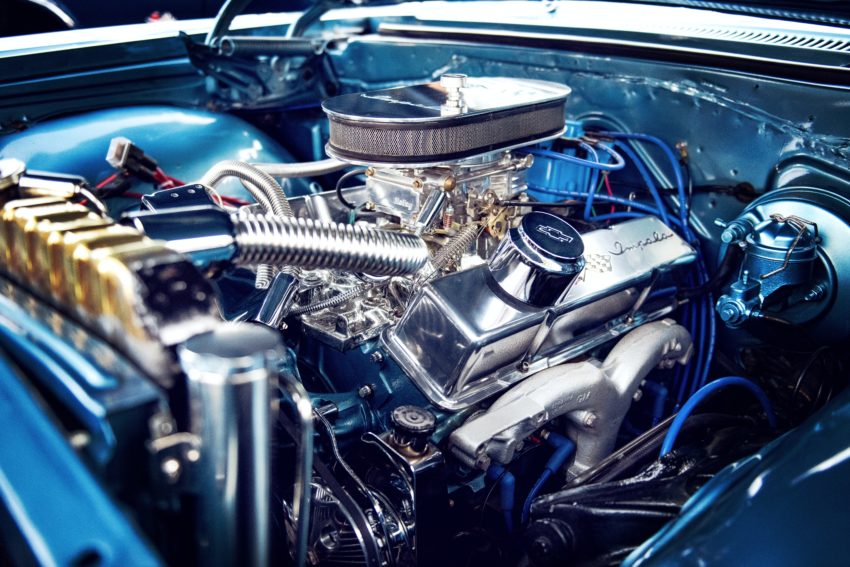
Maintaining your car’s engine performance is crucial for ensuring its longevity, reliability, and fuel efficiency. Regular maintenance can also save you money on costly repairs down the road. Here are some essential tips for keeping your car’s engine in top shape:
Regular Oil Changes: The engine oil lubricates and cools the engine components. Change the oil and oil filter as recommended in your vehicle’s owner’s manual. Fresh oil helps reduce friction, heat, and wear on engine parts.
Use High-Quality Oil: Choose the right type of engine oil for your vehicle. Synthetic oils are generally considered superior to conventional oils because they provide better protection and performance in extreme conditions.
Maintain Proper Oil Levels: Check your oil levels regularly, and top up as needed. Operating with low oil levels can lead to engine damage and reduced performance.
Replace Air Filters: A clean air filter ensures that your engine gets a sufficient supply of clean air for combustion. Replace the air filter according to your manufacturer’s recommendations, typically every 12,000 to 15,000 miles.
Inspect the Cooling System: Overheating can damage your engine. Regularly check the coolant level, radiator, and hoses. Replace coolant as needed and have the cooling system flushed as recommended by your vehicle’s manual.
Change Spark Plugs: Worn-out or fouled spark plugs can decrease fuel efficiency and engine power. Replace spark plugs at the recommended intervals, usually every 30,000 to 100,000 miles, depending on the type of plugs.
Check and Clean Fuel Injectors: Dirty or clogged fuel injectors can affect fuel delivery and engine performance. Consider using fuel injector cleaner additives or have them professionally cleaned.
Inspect the Exhaust System: A damaged or clogged exhaust system can reduce engine efficiency and increase emissions. Ensure that your exhaust system is in good condition, and replace components as needed.
Regularly Inspect Belts and Hoses: Check your vehicle’s belts and hoses for signs of wear, cracks, or leaks. Replace them if they show any signs of damage to avoid a breakdown.
Keep the Engine Cool: Overheating is a major engine killer. Make sure your engine has the right amount of coolant and that the cooling system is functioning correctly. If your engine starts to overheat, pull over and turn off the vehicle immediately to prevent damage.
Follow the Recommended Maintenance Schedule: Your vehicle’s owner’s manual contains a maintenance schedule specific to your make and model. Follow it diligently to ensure you’re taking care of your engine as recommended by the manufacturer.
Drive Gently: Avoid harsh driving habits such as rapid acceleration, hard braking, and excessive idling. These behaviors can lead to increased wear and tear on your engine.
Use High-Quality Fuel: Fuel quality can impact engine performance. Use the recommended octane rating for your vehicle, and consider using reputable fuel stations to ensure the fuel is free of contaminants.
Check the Transmission Fluid: Don’t forget about the transmission. Regularly check the transmission fluid level and condition. Have it serviced according to your vehicle’s manual.
Monitor Warning Lights: Pay attention to warning lights on your dashboard. If the check engine light comes on, don’t ignore it. Have your vehicle inspected by a mechanic to diagnose and address any issues promptly.
Keep Tires Properly Inflated: Under-inflated tires can put extra strain on the engine and reduce fuel efficiency. Check your tire pressure regularly and maintain it at the recommended levels.
Drive Regularly: Letting your car sit idle for extended periods can lead to engine issues. If you have a vehicle that’s not frequently driven, start and run it periodically to keep the engine lubricated and components moving.
Store Your Vehicle Properly: If you live in an area with extreme weather conditions, consider storing your vehicle in a garage or using a car cover to protect it from the elements.
Remember that regular maintenance and care are key to keeping your car’s engine performing at its best. If you’re not comfortable performing these maintenance tasks yourself, it’s essential to find a reputable mechanic or service center to ensure the longevity and reliability of your vehicle. Contact us for more information on automotive updates.